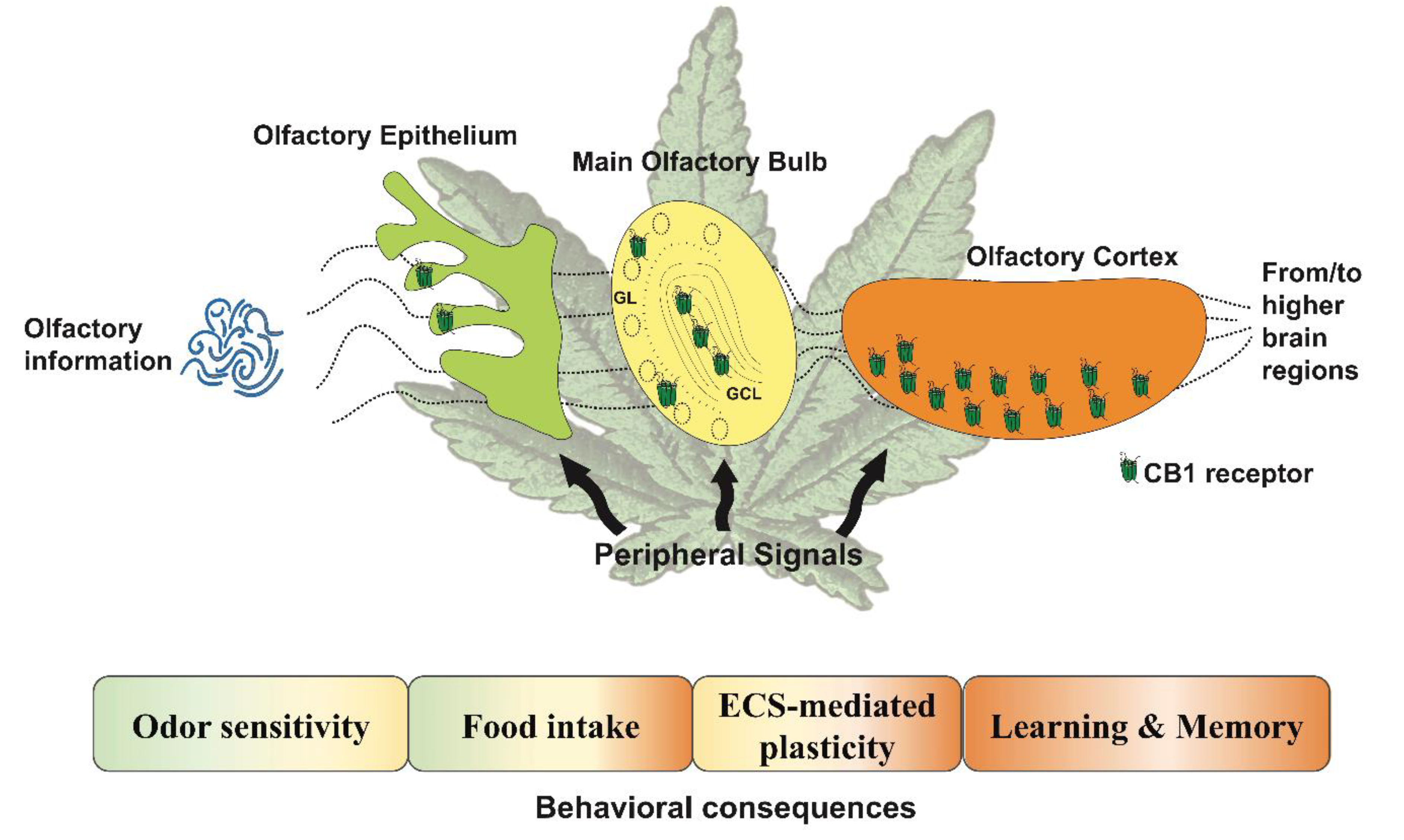CBN vs CBG for Sleep: Unveiling the Best Cannabinoid for a Restful Night’s Sleep
In today’s fast-paced world, the quest for a good night’s sleep seems more elusive than ever. Between the hum of technology, the constant buzz of day-to-day responsibilities, and the weight of life’s stressors, shutting off our minds and drifting into restful slumber feels like a challenge most nights. Many of us find ourselves scouring the internet for remedies, hearing whispers of magic pills and age-old tricks, but amidst this cacophony of cures, a new conversation is emerging.
Enter the world of cannabinoids: the chemical compounds found in the cannabis plant. While most of us are familiar with THC and CBD, there are lesser-known players on the field—CBN and CBG—that promise potential sleep-inducing benefits. But which of these two is the real MVP for sleep? In the following exploration, we will embark on a journey, diving deep into the science, stories, and secrets of these two cannabinoids. Will one emerge as the superior sleep aid? Or is there more to the story than meets the eye? Buckle up; it’s going to be an enlightening ride.
The Wide World of Cannabinoids

1. What the Heck are CBN and CBG?
Before we go comparing apples to oranges—or in this case, CBN to CBG—let’s get to the root of what they are. Every time you hear someone rave about the benefits of CBD or THC, they’re talking about cannabinoids, naturally occurring compounds found in the cannabis plant. And guess what? CBN (Cannabinol) and CBG (Cannabigerol) are just two members of this big, happy family!
Origins and Evolution
CBN’s Rise: Over time, THC, the compound famous for its psychoactive properties, breaks down and turns into CBN. It’s like the calm after the storm. And because of this relationship, older cannabis tends to have higher CBN content.
CBG, The Mother of All Cannabinoids: Funny enough, CBG is often dubbed the “stem cell” of cannabinoids. That’s because other cannabinoids, including CBD and THC, actually stem from CBG. How’s that for a family tree?
CBN vs CBG: The Slumber Showdown
1. CBN: The Sedative Superstar?
Some anecdotal evidence and preliminary studies have given CBN a reputation as a potential sedative. But hold your horses! Does this mean if you’re counting those sheep, CBN will be the shepherd that rounds them up?
What Research Says: While some users swear by CBN’s sleep-inducing properties, scientific evidence remains on the fence. Some research suggests that CBN could potentially be a mild sedative, especially when paired with THC. But alone? The jury’s still out.
2. CBG: The Underdog with Potential
CBG hasn’t earned the sleep-aid crown yet, but there’s a buzz about its potential benefits. It’s like that kid in school who was always quiet, but then they surprise everyone with their hidden talents.
CBG’s Bag of Tricks: Beyond potential sleep benefits, CBG is studied for its potential anti-inflammatory, antibacterial, and neuroprotective properties. So, if you’re looking for a potential sleep aid with some extra goodies in its bag, CBG might be your pick.
3. Side Effects and Considerations
While both cannabinoids are generally considered safe, it’s always best to approach with caution.
CBN: Possible side effects may include dizziness, drowsiness, or changes in appetite.
CBG: Similarly, dizziness, dry mouth, or changes in appetite could occur. But remember, everyone’s body reacts differently.
The Power of Synergy
It’s worth noting that cannabinoids often work best in tandem, a phenomenon called the entourage effect. Instead of pitting CBN against CBG, consider a product that combines the best of both worlds.
Bringing It All Together: CBN or CBG for Sleep?
Sleep is that golden chain that ties our health and bodies together. But in the battle of CBN vs CBG for sleep, who reigns supreme?
The answer isn’t cut and dried. While CBN seems to have more anecdotal backing as a sleep aid, CBG shows promise in various health areas, potentially even sleep. Our best advice? Listen to your body. It knows what’s up.
Conclusion
As we wrap up this enlightening journey through the realm of cannabinoids and their potential influence on our sleep, it becomes evident that the answer isn’t as straightforward as picking a winner. The story of CBN and CBG is complex, filled with nuances and intricacies. Each compound offers a unique set of potential benefits, and the true magic might lie in their combined synergy. But the broader takeaway is this: the world of cannabis and its compounds is vast and still largely uncharted.
As science continues to uncover its mysteries, we are reminded of the importance of keeping an open mind and staying informed. After all, the path to a restful night’s sleep could very well lie in a deeper understanding of these fascinating compounds. Until then, may your nights be filled with rest, rejuvenation, and the endless pursuit of knowledge. Sleep well, dear reader, and dream big.
